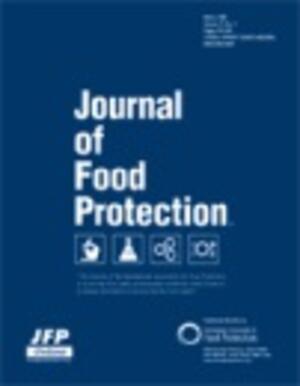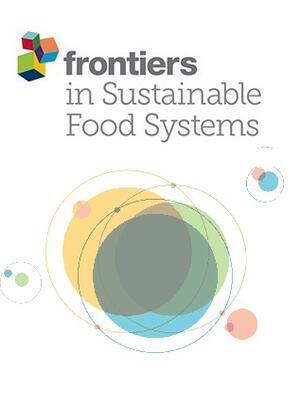
Evaluation of trained small-scale commercial pig feed producers in Uganda
Abstract
The livestock subsector is significant in Uganda’s agriculture industry and contributes substantially to the livelihoods of the country’s population. Despite the rising demand for livestock-related products such as milk, meat, and eggs, livestock production in Uganda nevertheless remains low. Several factors have been identified as restricting livestock output, including poor nutrition, which is frequently associated with inadequate feed quality and quantity (MAAIF 2005). In order to increase production, farmers have frequently been compelled to feed livestock with commercial animal feeds (Kabi et al. unpublished). As a result, the production of commercial animal feed and concentrates by small-scale feed producers has been on the rise for the last decade. Small-scale feed producers have flourished as a result of their proximity to farmers and the feed producers’ ability to provide tailor-made concentrate feeds that are affordable to farmers. While small-scale feed producers have benefited from changes brought about by the emergence and expansion of the commercial animal feed industry, new challenges, such as a lack of technical expertise in feed formulation and mixing, and unregulated concentrate feed production and supply have emerged. Lack of technical expertise and feed quality regulation policies have often resulted in supply of poor-quality feeds to livestock farmers, hence persistent low productivity of livestock farms that depend on commercial feeds has been observed.
To respond to these challenges, the International Livestock Research Institute (ILRI) in collaboration with the Makerere University (MAK) College of Agricultural and Environmental Sciences and other stakeholders implemented a training and certification scheme to support small-scale feed producers in Uganda. This pilot training was held between 9th – 26th March 2021 under the former CGIAR Research Program on Livestock that was implement in Uganda. The objective was to improve the quality of commercial feeds sold to small-scale farmers and consequently boost livestock productivity as well as develop the animal feed producing business along the entire value chain. This was to be achieved through identifying and developing the capacity of credible smallholder feed compounders to provide better quality feeds to pig farmers. The training curriculum also incorporated feed certification process and business-oriented training for the feed producers. It envisaged that training would lead to the production of better-quality, safe and nutritious animal feed by the commercial feed producers. The cumulative effect of this would be improved livestock productivity for the farmers and a profitable business for the feed producers.
The evaluation of the training of feed producers and its impact on livestock productivity was conducted as part of the CGIAR Initiative on Sustainable Animal Productivity for Livelihoods, Nutrition and Gender inclusion (SAPLING).
Citation
Lukuyu, B., Businge, M., Ahumuza, R. and Ouma, E. 2024. Small-scale feed producers’ feedback on the training and certification program intervention pilot under the CGIAR Research Program on Livestock. Nairobi, Kenya: ILRI.








